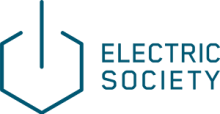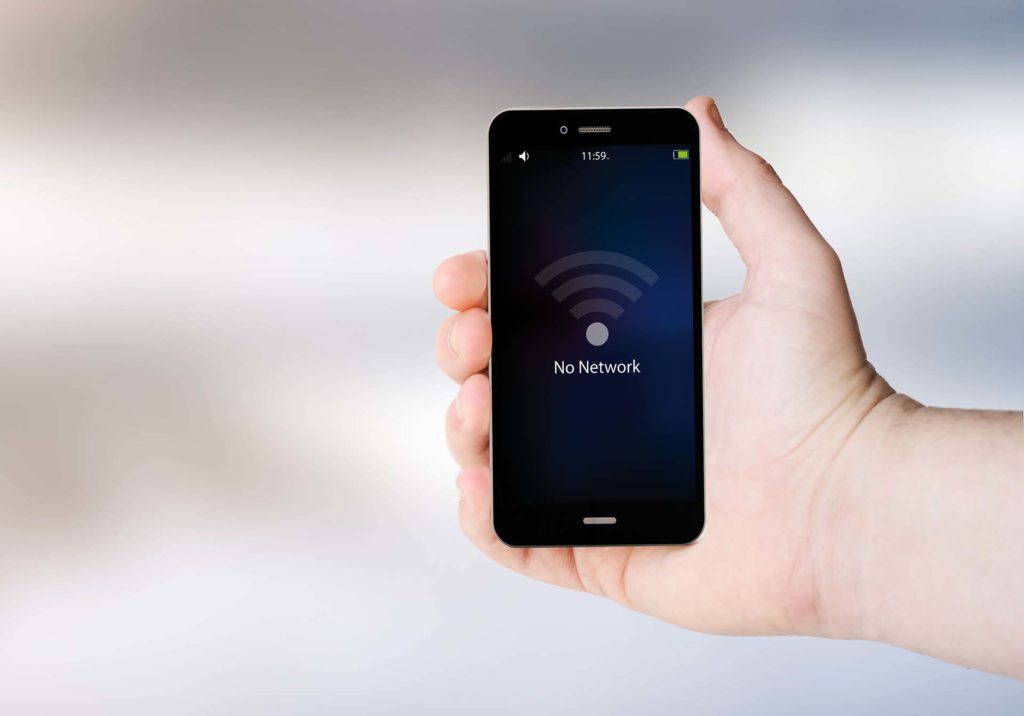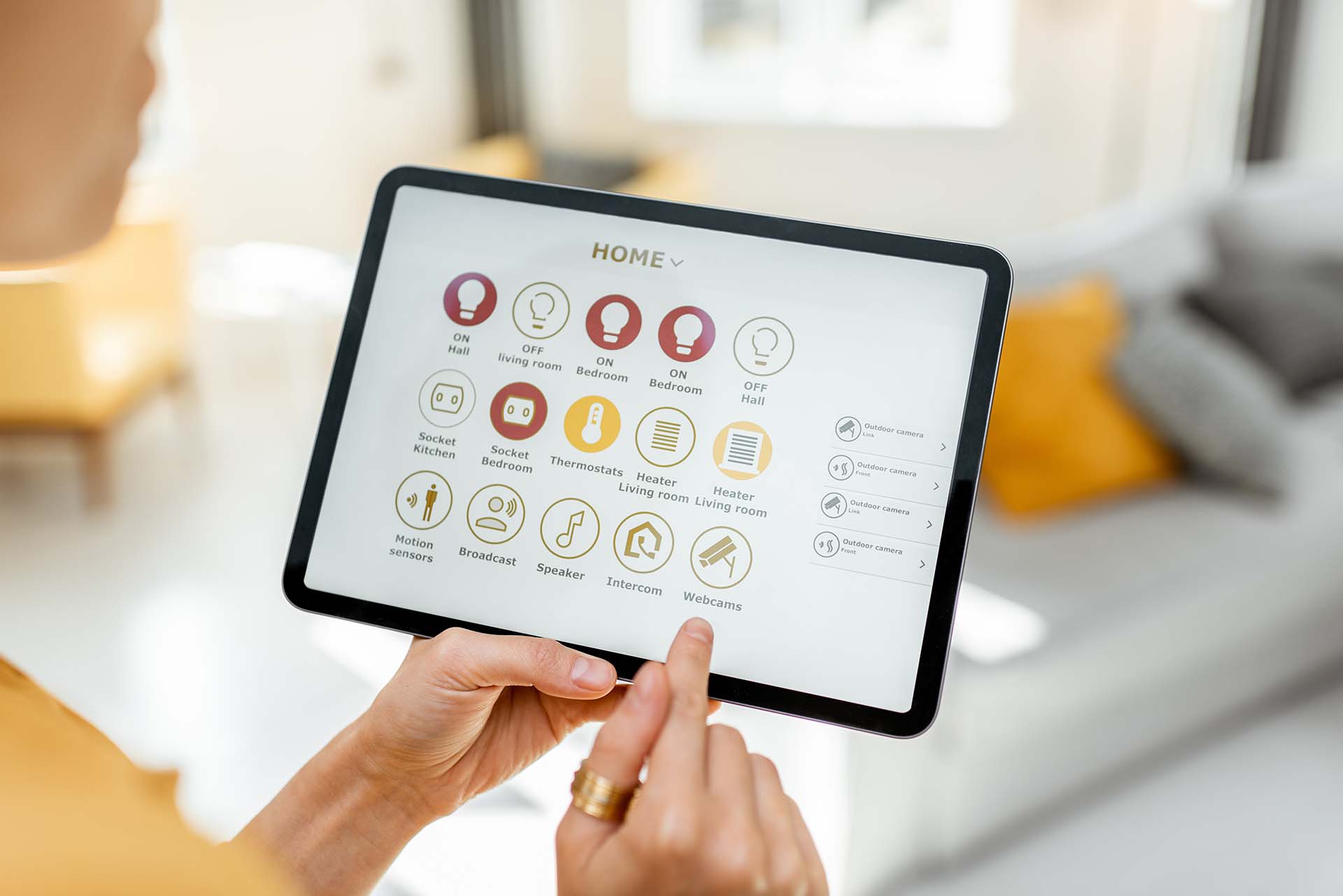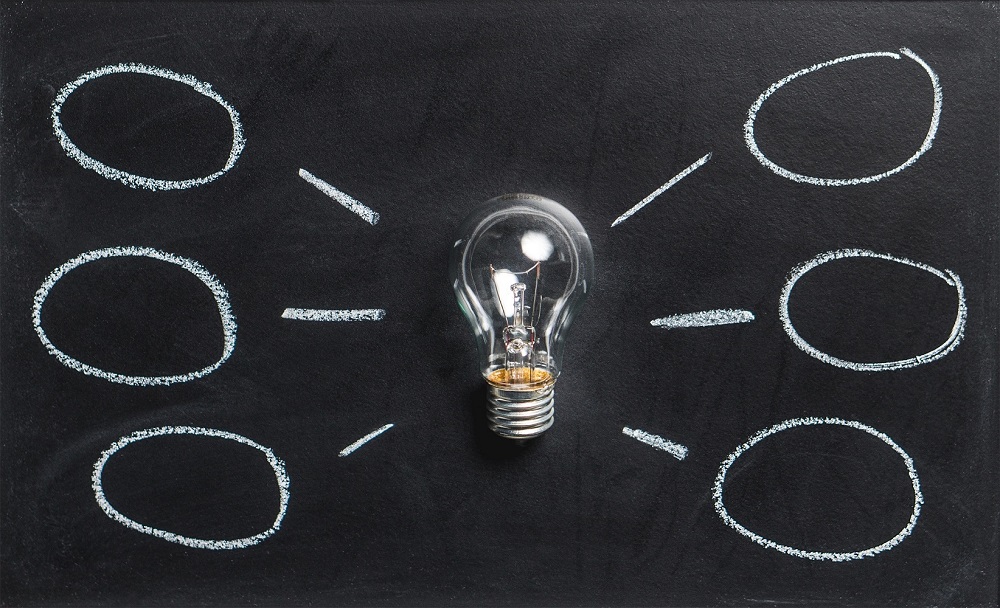Home automation is slowly but gradually finding its path to people all around the globe. Not only do they offer a convenient way of living, but also provide smart energy consumption, benefiting the budget and the climate. But what about electricity breakdown consequences and internet outages – how do they affect smart homes?
Many of us can agree that a smart home automation system is the way of the future. Integration of this type of technology will lead to a more comfortable and secure lifestyle, with fully controllable homes. Another huge benefit of this technological advancement is that its implementation leads to energy reduction, money-saving, and a cleaner environment. However, recent years have seen energy shortages, along with increased production. There are also some political issues that will heavily affect the delivery of resources used for electricity generation. So what does it mean when it comes to automated houses?
The Causes of Energy Supply Outages
Over the course of the last two centuries, the electric current has become an irreplaceable part of modern life. In today’s world, everything is heavily dependent on the delivery of electrical current. As individuals, we are used to having electricity for work and leisure, and it’s a constant part of the economy, healthcare, and overall livelihood of humankind.
All of our cities live off of constant delivery of electricity. But what happens if the power grid goes down? Without our electric current generation, the outcome could be disastrous, starting with the life support systems in hospitals and nursing homes, and ending with traffic control, airports, and train stations. It’s a scenario coming right out of the script for NBC’s Revolution. But what could cause these shortages, and even worse – outages?
The Natural Cause of Power Outages
Looking at the statistics related to the US power outages, we can see that around 70% of them are caused by the weather. Natural weather phenomena, including rain, snow, ice, wind, and lightning, can cause failure in energy delivery. While we can’t protect ourselves very successfully from extreme occurrences such as severe storms and floods, electrical systems can be safeguarded against milder weather conditions.
What Are Other Causes of Energy Supply Breakdowns?
The data from the Edison Electric Institute research show that, surprisingly, up to 11% of outages in the US come from animals that disrupt the transportation lines. Additional causes also include disruptions caused by man, made by vehicle or construction accidents, utility maintenance issues, and human error. But here are some other causes:
- Short circuits – they happen when an electric current travels down a path not intended in the circuit. The excessive current that is created can lead to damage to the circuit, explosion, or fire. The root of the problem is either the wearing down of the wiring or the presence of an external conduit added to the circuit by accident.
- Brownouts – these sudden drops in power delivery lead to a drop in voltage, causing lights to go dim. While these occurrences are not complete cuts in delivery, they can affect electric devices.
- Blackouts – complete loss of energy delivery to an area (and the most severe outage that can happen) may be caused by several occurrences. Depending on the scale of the issue with the power delivery, restoring lines can prove to be a really complex task with an unreliable timeframe.
- Power surges – while they are considered the bane of all electrical systems, they are not that hard to counter. With the use of circuit breakers and surge protectors, it can be easy to prevent critical overheating and loss of expensive and important equipment.
- Electrical treeing – this phenomenon affects high power installations, such as transformers, high voltage switches, cables, and all the other electrical equipment along the transporting lines. They are caused by mechanical defects or impurities in the equipment that lead to electric discharges that happen partially. The whole process is manifested in a tree-like structure. It can lead to continuous degradation of the expensive equipment, becoming a bigger issue over time, leading to a total breakdown.
How Does Lack of Electricity Affect the Economy?
Extended shortages and outages may not only cause damage to the devices that rely on electricity delivery – they can impact economies and communities as a whole. It may disrupt all forms of transportation and communication. Medical devices would cease to function without their electrical current supply. Retail businesses, gas stations, ATMs, banks, and other services, as well as grocery stores, would all have to close. It would lead to water contamination and spoiling of large quantities of food.
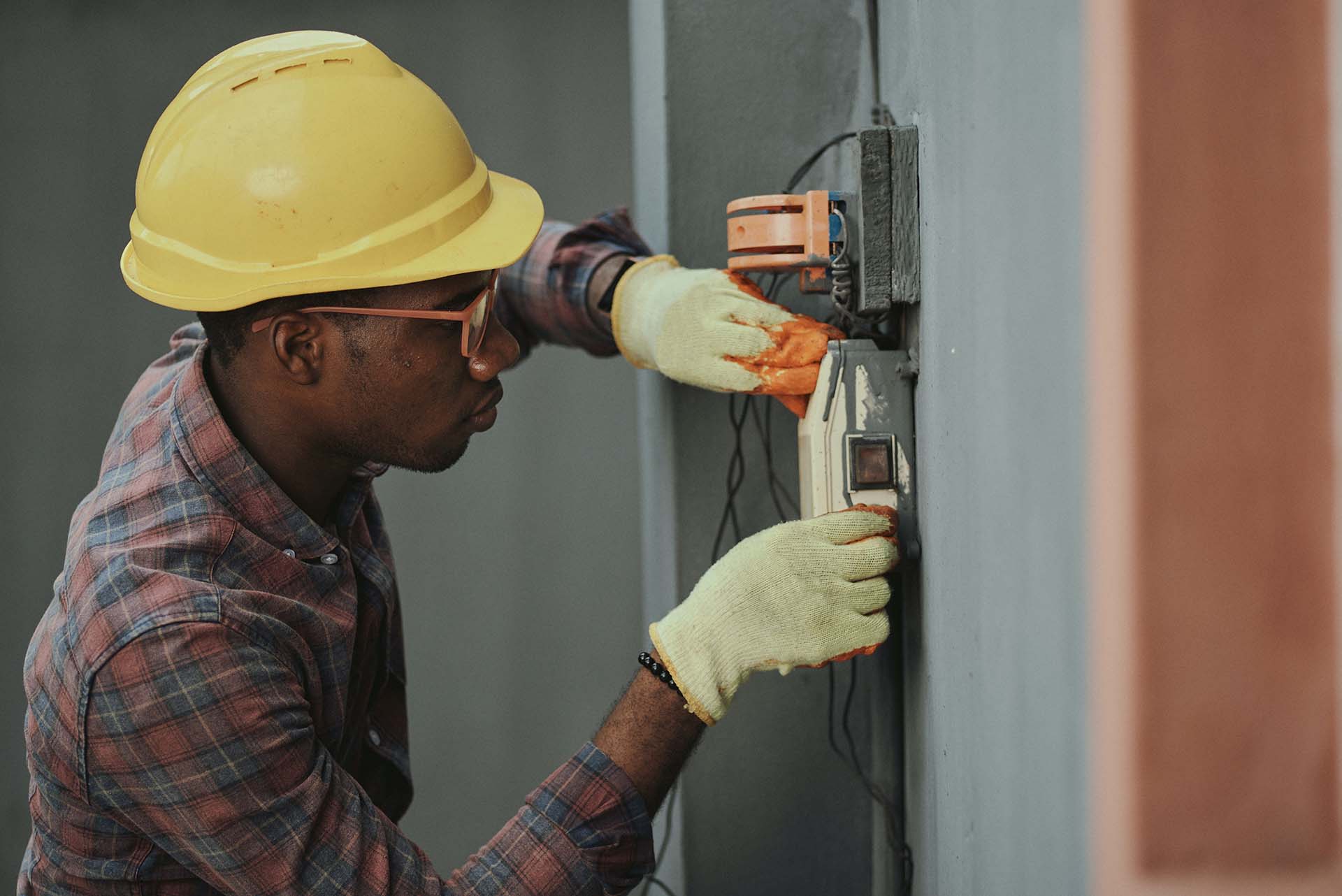
What Are Electricity Breakdown Consequences for People With Smart Home Technology?
Although smart home technology is still not widely accepted and applied, many governments support its implementation. A large number of countries have placed laws, rules, and subsidy programs meant to encourage the integration of the technology of automated houses. Automated houses are the way of the future because not only that they provide ease of life, but they are also energy-efficient because they reduce energy consumption and are great for the environment.
But while smart house expectations include programming devices to operate independently in set predefined patterns, they are not independent of electrical current delivery. So, what are the consequences of power failure when it comes to automated houses? Depending on the types of devices interconnected in the automated system, some may still function after the outage occurs, while others are completely unusable.
The Information on the Devices That Don’t Need Energy for a Certain Period of Time
While there’s a chance that you may remain locked out of your house due to the power breakdown, most configurated smart houses have battery-run smart locks. The same backup goes for smoke detectors, so they will still run, even if the energy delivery is out. If you are worried about security, your cameras will remain online with their backup batteries, and their recording abilities will remain intact. Smart lights can also remain functioning with their “Power Loss Recovery” options. While they will not shine while the power is out, the technology allows them to stay in the same state as they were before the loss of electricity.
Some Devices Can Not Run Without Being Powered
What is the most likely consequence of a sudden power outage? If you are dependent on voice assistants, you should keep in mind that this feature won’t be able to run due to a lack of electric current delivery. But one of the biggest obstacles to electricity breakdown for smart homeowners is probably the router power supply. If your router is simply plugged into an electric outlet, the outage will affect it the same way as it does with all other devices – by shutting down.
However, you can counter these situations by using a UPS – uninterrupted power supply. A UPS is surge protection and a battery backup, all in one. It detects a power drop or a surge, so the connected device (in this case a router) is protected from repercussions. The router plugged into a UPS will uninterruptedly function until the energy supply is recovered.
The following video by Techquickie explains the usefulness of a UPS and discusses how to pick the right one.
Internet Breakdown and Outage Repercussions
When an issue with electrical current delivery arises, you can protect your smart house system by relying on battery power, as well as keeping your router plugged into a functioning UPS. However, if you live in an area that has a low-quality connection, that’s where some serious issues may arise. No matter how much you’ve invested in the implementation of smart technology into your house, these devices will respond poorly without a proper connection.
How Will It Affect the Remote Control?
Being away from your residence and trying to control the devices remotely will prove to be a big issue without the required bandwidth and a stable connection. The more square footage your WiFi has to cover, and the more devices you have in the smart house system, the more issues you will have to deal with. Controlling the heating, smart locks, and energy metering will become a problem, and thus the installation will be rendered useless.
Not to mention that a complete lack of an internet connection will completely disable all devices and leave you helpless – all depending on how many processes you have turned into smart. All smart locks come with a standard deadbolt, but if something is to happen, you won’t be notified.
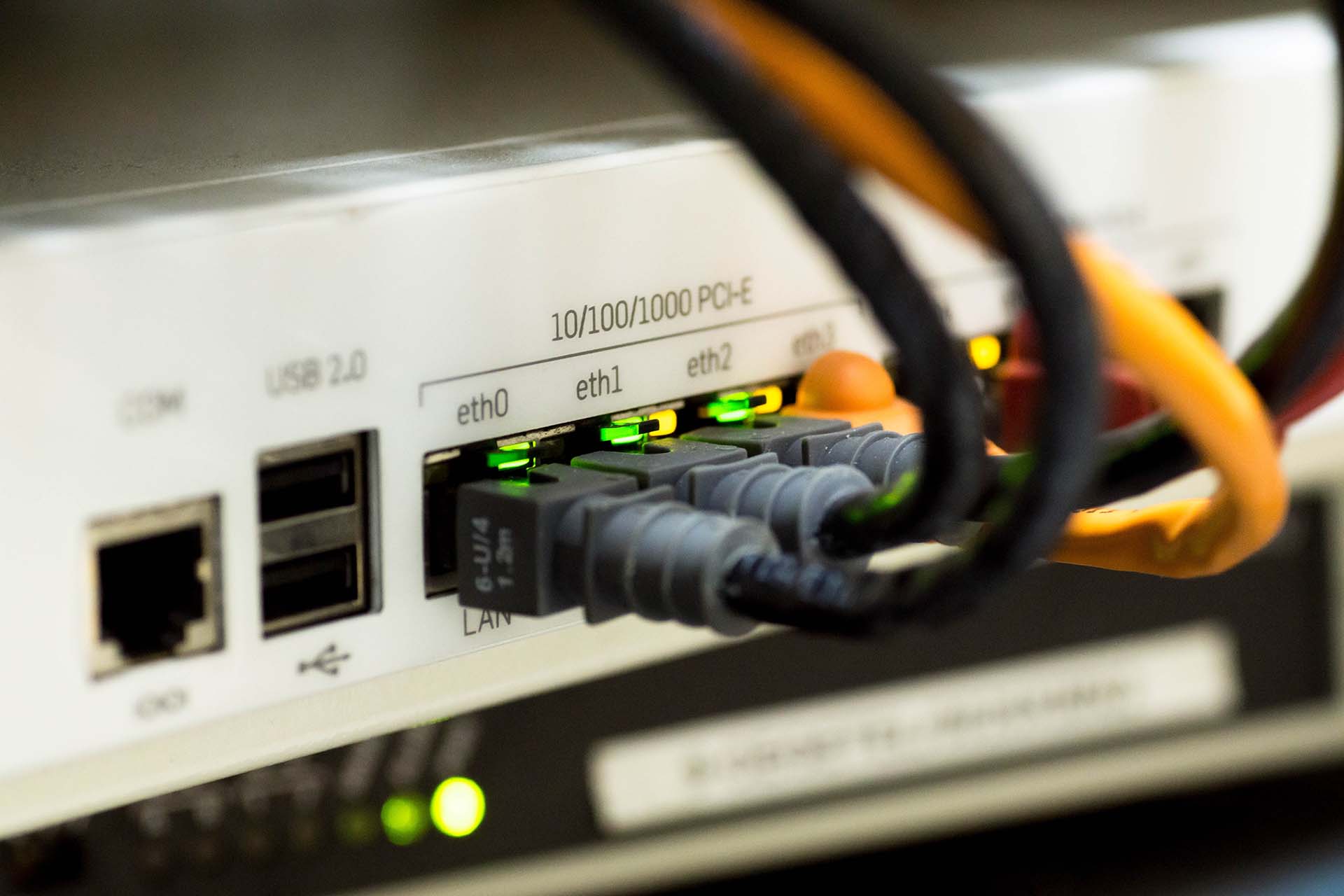
Advantages and Disadvantages of Smart Homes Explained
Automated house is a property with technology implemented in such a way that it allows remote controlling through the internet. This means that it’s heavily dependent on internet connections and WiFi, and electricity delivery. The table below shows some pros and cons of automated houses.
| Pros | Cons |
| With smart technology improvements in a residence, you gain increased comfortability. | The costs of house automation can be significantly high. |
| One device to rule them all – you take absolute control of all smart appliances with one device. | It isn’t operable without internet, so any power outages will disconnect the system entirely. |
| It saves you time, and it provides a higher quality of life. | The privacy of these systems is vulnerable, so there are many security issues. |
| In the case where anything occurs, you are immediately notified. | Many technological issues may arise concerning compatibility and connectivity. |
| Energy and cost savings, in the long run, are among the biggest benefits. | Maintenance and repair can prove to be significant issues. |
| Smart home technology implementation is highly customizable. It may be very suitable for older individuals or the disabled. | Automated systems may not be suitable for every residence. |
| They have improved safety because of unconventional locks. | You may potentially lock yourself out of your own house. |
| The government may give subsidies and tax benefits for choosing a green option. | It’s necessary to undergo some initial training on how to use the automated system. |
| Resale value can go much higher with the installation of a smart home system. | The technology you implemented may become outdated in the near future. |
Automated Residences Collect Your Data and Personal Information, but Are Good for the Environment
Among the cons are usually concerns about whether a smart house is spying on its residents. This concern stems from the fact that automated systems collect and store sensitive data and personal information. Other downsides include the cost of installing a smart house and whether you can extend an extend existing smart home because various devices may prove to be incompatible. Some people also worry whether a smart house is healthy because all the devices communicate and are heavily reliant on WiFi to function.
But one of the biggest benefits, besides making life more comfortable for its users, is the fact that you can reduce electricity consumption by monitoring power consumption. Furthermore, two advantages come out of it – by lowering energy usage, you save money, but you also lower the carbon footprint.
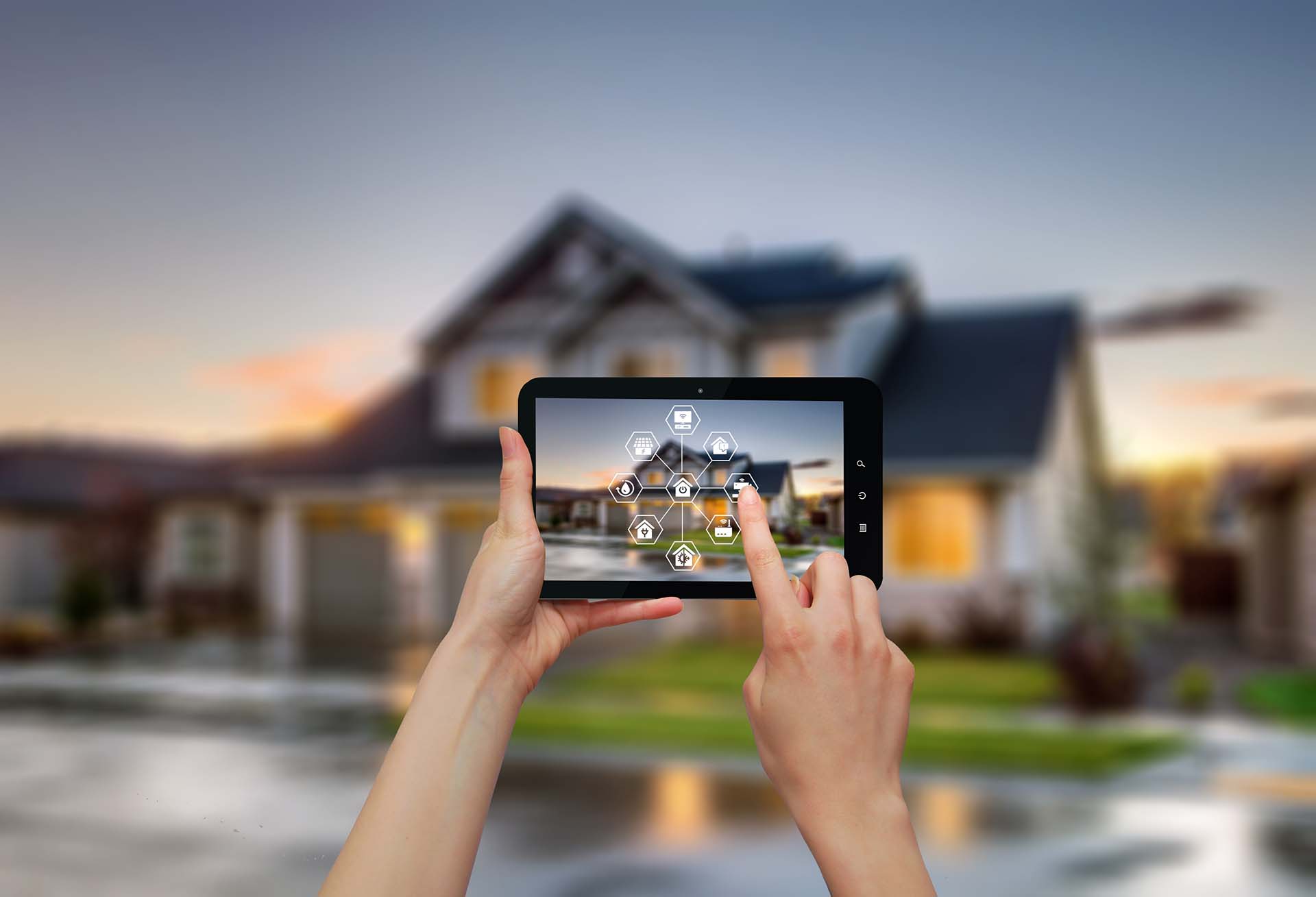
Counter Any Issues With Power Supply by Implementing New Technologies
Although smart house technology is a window to the future, many people still shy away from it because of the disadvantages they may run into. However, working toward making a better system is essential, as automated houses will significantly lower carbon footprint, eliminate greenhouse gas emissions, and reduce energy consumption.
Our smart technology offers many upper hands compared to the one in use currently. Our system isn’t reliant on the internet but on a new type of decentralized connection. This decentralized system offers independence, better privacy, and security, as it doesn’t collect any sensitive data of its users.
We are on the lookout for partners and investors that have similar goals – a better way of smart house integration and a better way to a healthy future.
